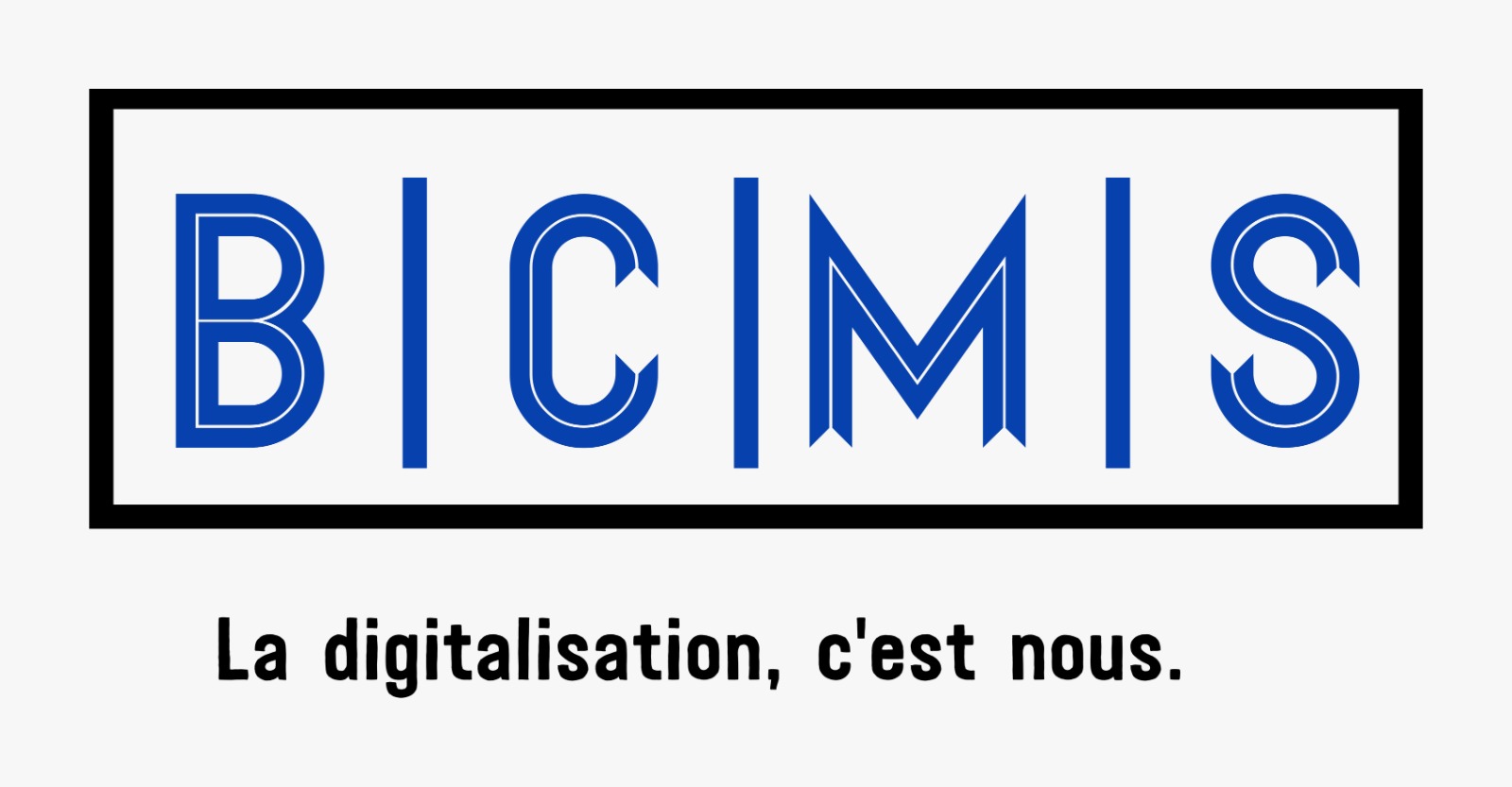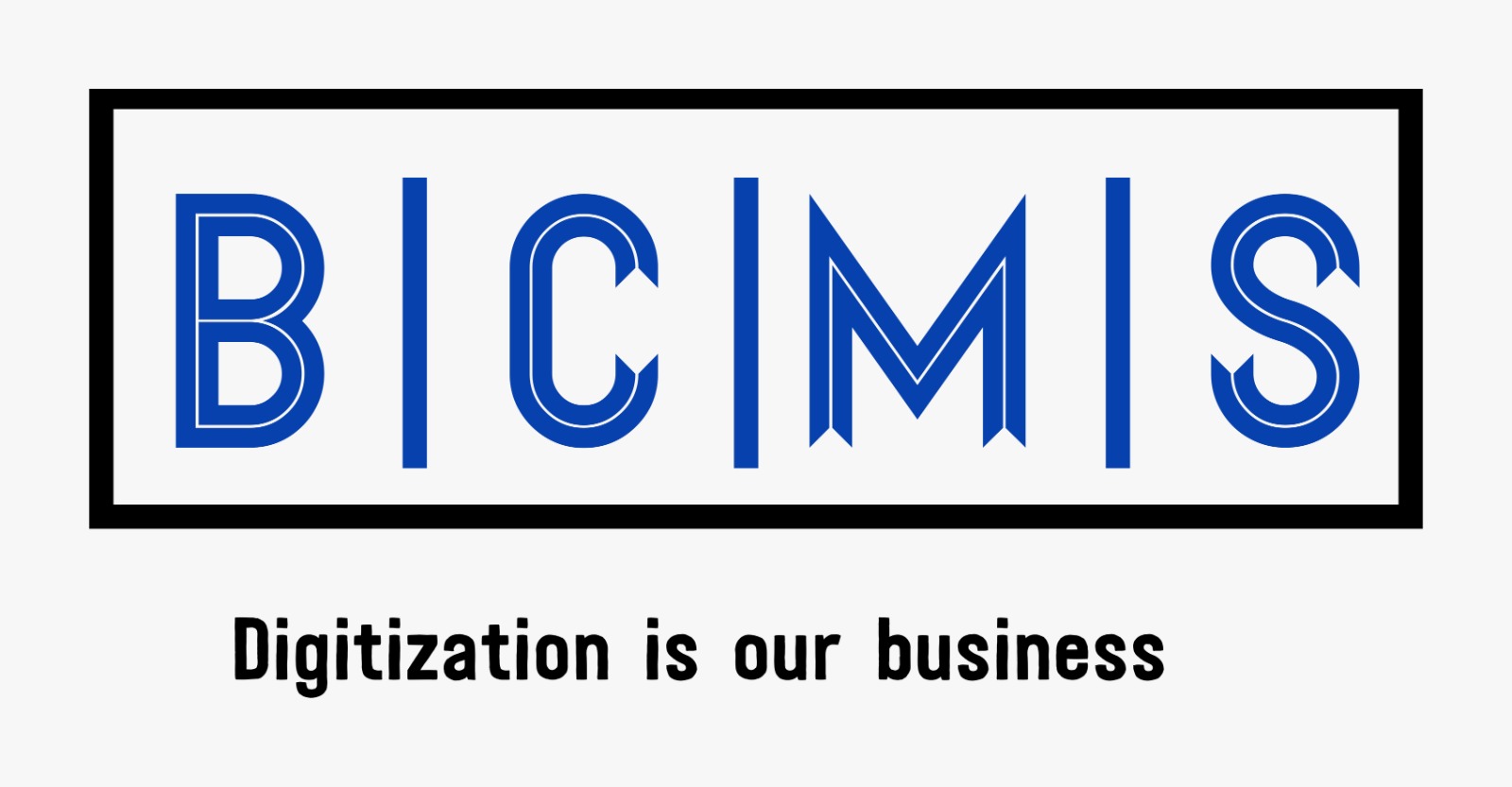- 41, Street. Mpangala, Moungali, Brazzaville, Republic of Congo
- contact@bcms-corporation.org
- +242 06 664 6920
- +242 06 664 6920
Import-export of
technological products
Guide to Import-Export of Technological Products: Tips for Successful Business Transactions
Import-export of technological products plays a crucial role in today’s business world. With the rapid advancement of technology, companies seek to obtain superior quality equipment and products to maintain their competitiveness. Whether you are a company looking to import innovative technologies or export technological products, understanding the ins and outs of this process is essential for success in the global market.

On this page, we will present the key aspects to consider when engaging in the import-export of technological products.
Conduct thorough research
Before embarking on the import-export of technological products, it is crucial to conduct comprehensive research on the market, regulations, and specific requirements of each country. Understand market trends, identify competitors, and assess the potential demand for your products. Also, consider customs rules, import taxes, and intellectual property regulations to avoid future legal issues.
Find reliable partners
Collaborating with reliable business partners is a crucial step in ensuring the success of your import-export activities. Identify trustworthy suppliers abroad, establish strong relationships with them, and negotiate advantageous agreements. Ensure that your partners comply with international quality and safety standards, and be mindful of cultural differences and language barriers that may affect your business interactions.
Manage logistical aspects
Logistics management is a vital element of the import-export of technological products. Organize international transportation, ensure you have the necessary licenses and permits, and make sure your products are properly packaged and labeled to avoid damages and delays. Engage experienced logistics service providers who can assist you in navigating complex administrative procedures and ensure swift and efficient delivery.
Ensure regulatory compliance
Regulations regarding the import-export of technological products can vary from country to country. Ensure compliance with regulatory and safety standards, such as certifications, specific labeling requirements, and export restrictions. Consult competent authorities or hire regulatory experts to ensure you are in compliance with all legal requirements.
Anticipate challenges and risks
Import-export of technological products comes with certain challenges and potential risks, such as exchange rate fluctuations, delivery delays, product quality issues, etc. Be prepared to address these challenges by having a risk mitigation strategy in place. Establish clear contracts with your business partners, consider cargo insurance to protect your goods, and closely monitor market developments to adjust your strategy accordingly.
Import-export of technological products offers numerous business opportunities, but it requires careful planning and in-depth knowledge of processes and regulations.
By following the advice mentioned in this article, you will be able to successfully navigate this complex field and achieve fruitful business transactions.
Feel free to seek the assistance of BCMS experts to provide professional support and help you achieve your goals in the import-export of technological products.
Please feel free to adapt this article according to your writing style and specific services.

